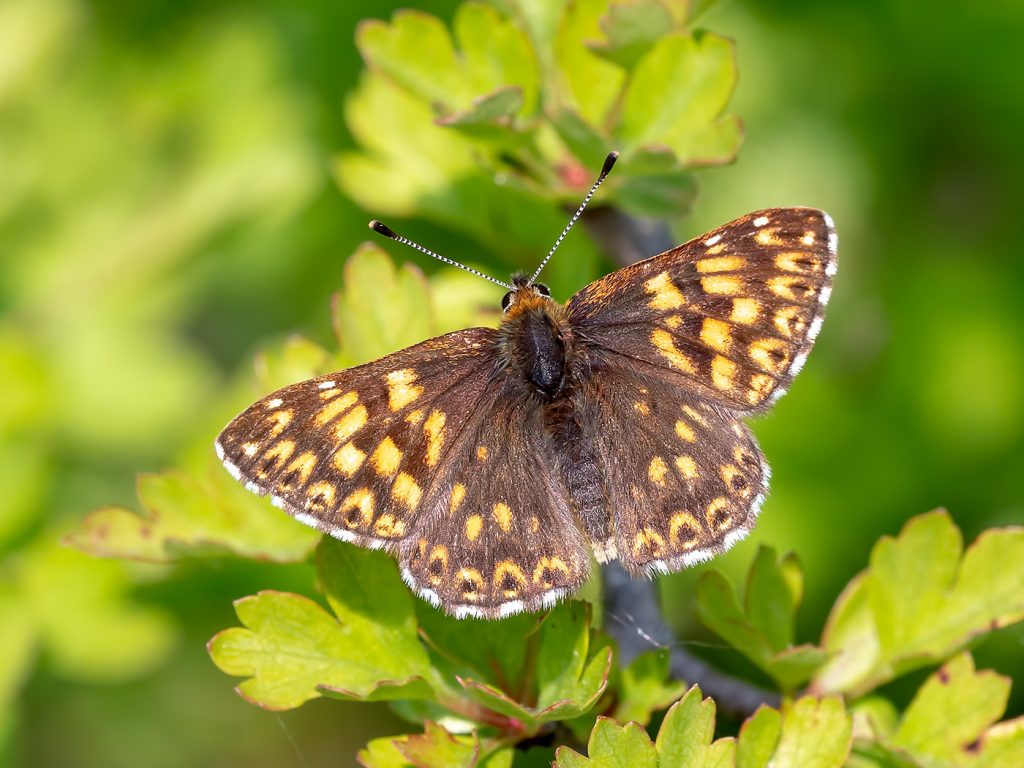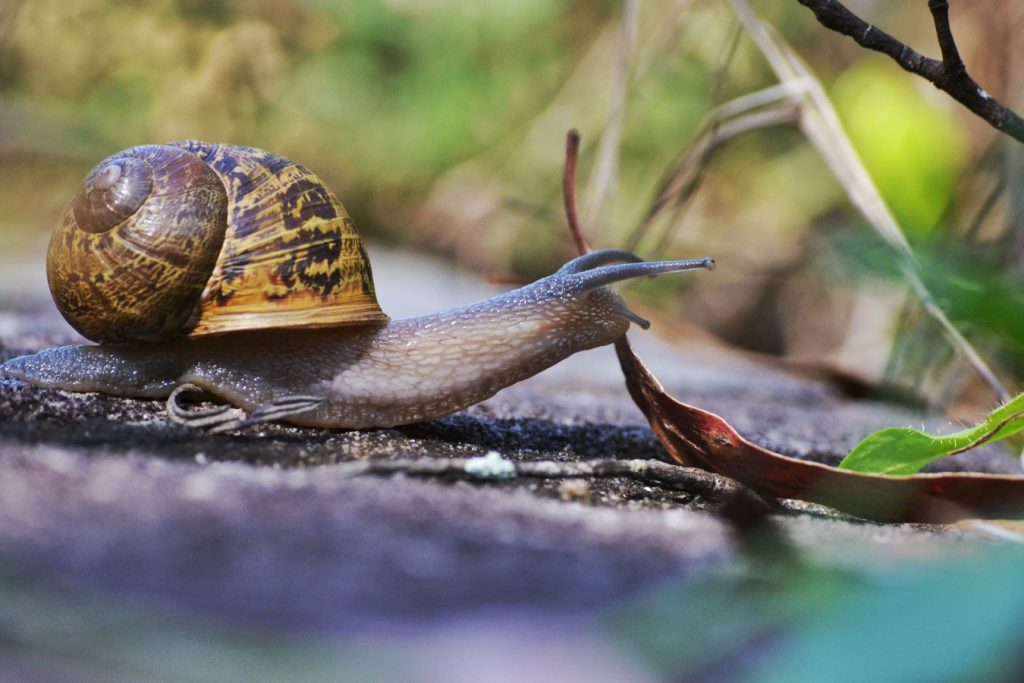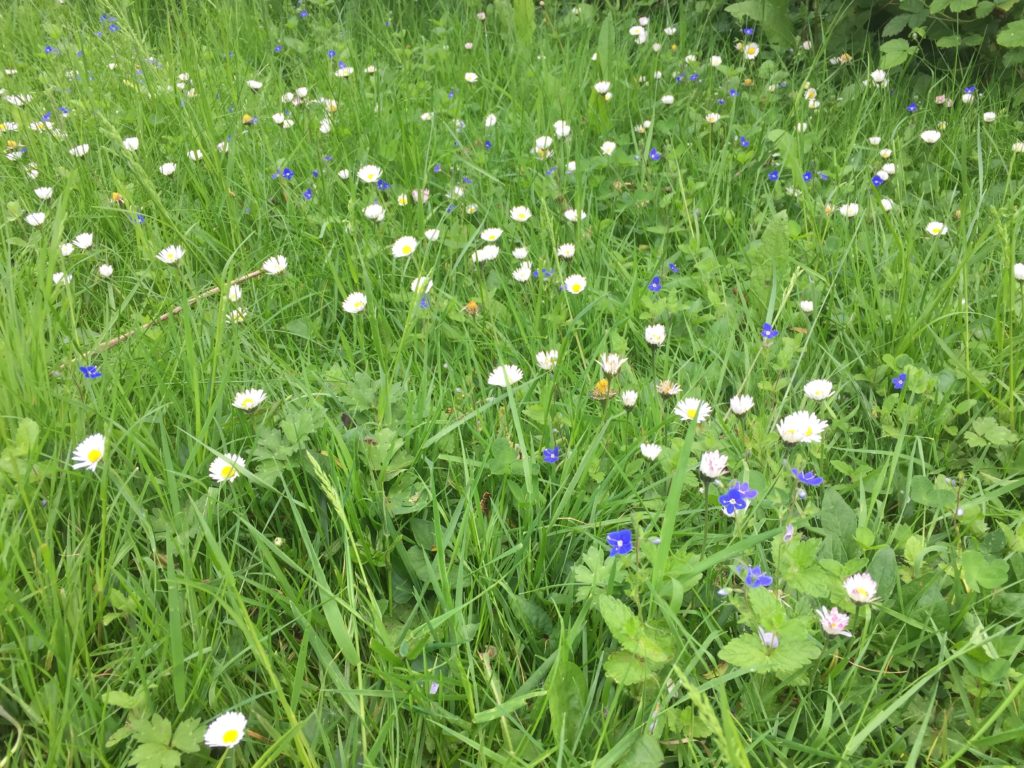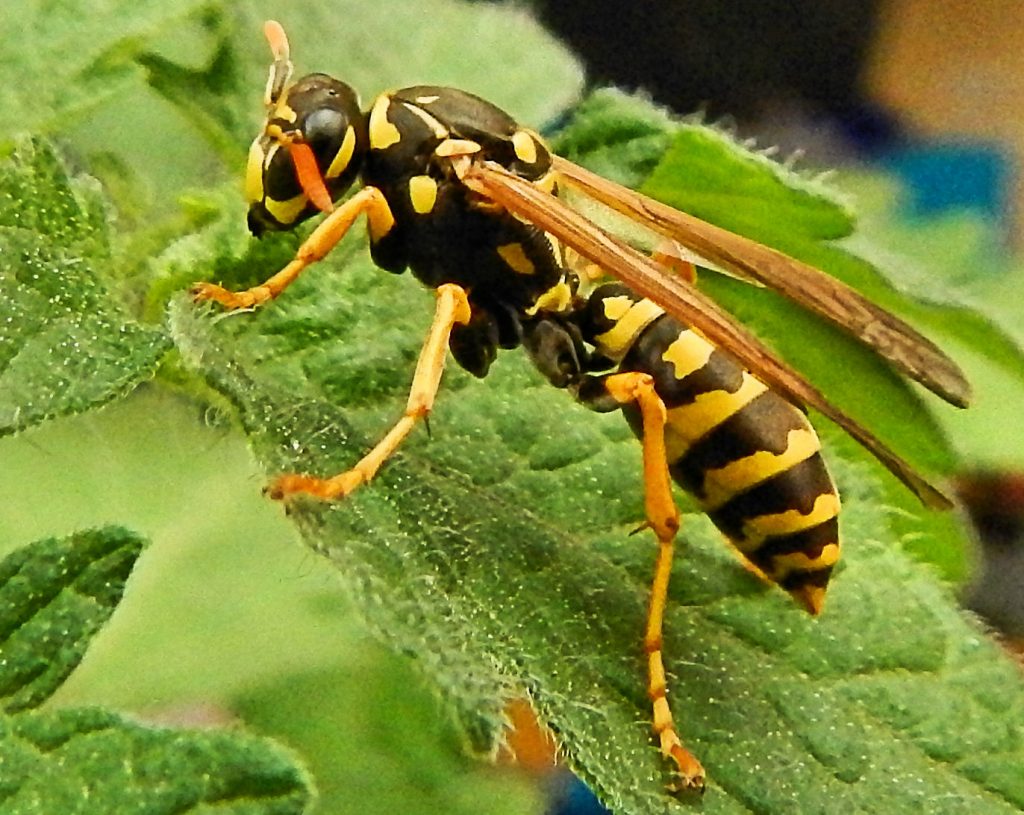The Times reports Scotland’s moth population has been badly damaged by climate change, experts have said. The latest research shows that moth abundance has almost halved, falling by 46 per cent between 1990 and 2018 and still dropping. Yet the study showed moth occupancy — the distribution of the insects across Scotland — has risen by 16 cent between 1990 and 2016.
Climate change is likely to be an important factor behind the trends, driving some species north, with corresponding surges in occupancy. At the same time, warmer, wetter winters have been shown to affect some moths badly while others suffer from detrimental land management and habitat changes.




